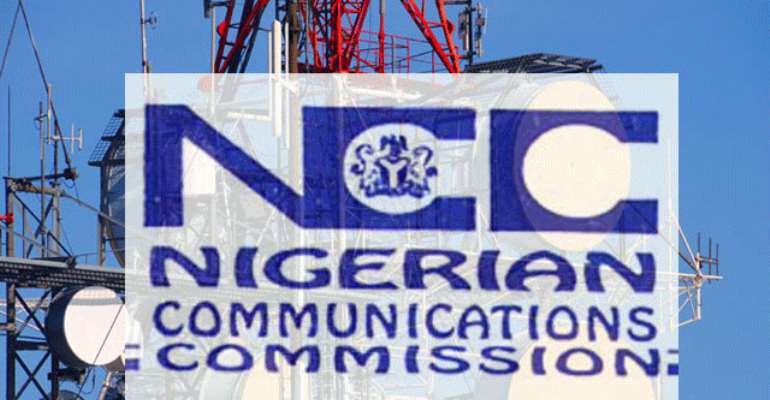NCC to support consumers to prosecute telecoms operators

The Nigerian Communication Commission (NCC) has promised to give necessary support to any consumer who is ready to prosecute any telecommunications operator in the country over poor services.
The News Agency of Nigeria (NAN) quoted the NCC's spokesperson, Mr. Reuben Muoka, as saying in an interview in Abuja on Tuesday that prosecution of telecommunications service providers for poor services was another way to compel them to get their acts together in service delivery.
Muoka said that the NCC Act did not permit NCC to prosecute any service provider based on individual complainant.
According to him, the commission has established a Consumer Protection Department to address the issue of complaints from customers.
'NCC has the right to sanction operators but individuals can also sue them in court in order to get redemption on their penalties over sub service charges.
'The fact that NCC can sanction does not mean that NCC will prosecute the operators based on individual complaint but people can sue if they feel cheated and need a refund. 'The act does not prohibit anybody from prosecuting an operator who fails to render good services as required, you can sanction the poor service operators or port to another network,'' he said.
Muoka said some of the consumers had cried out to the commission to assist them in cautioning the operators for refunds on poor services.
The Minister of Communications Technology, Ms. Omobola Johnson, Director-General, Consumer Protection Council (CPC), Mrs Dupe Atoki; and Executive Vice-Chairman, NCC, Dr. Eugene Juwah, had in 2013 threatened to sanction operators over poor services.
Johnson, who spoke in Lagos recently, said the federal government would prosecute telecommunications service providers who continued to render poor quality services to subscribers with effect from January 2014.
Similarly, Atoki said the errant operators stood the risk of jail term of not less than five years if ongoing investigations revealed that they were deliberately short-changing Nigerians through poor service delivery.
